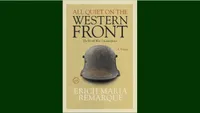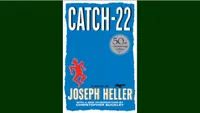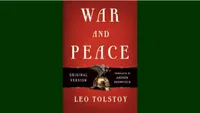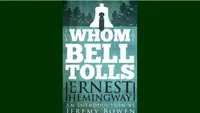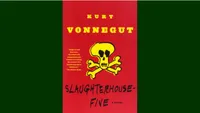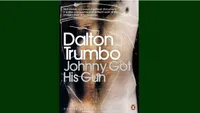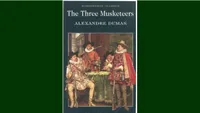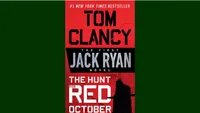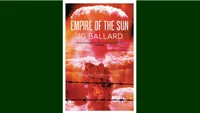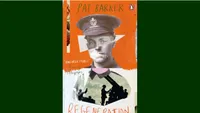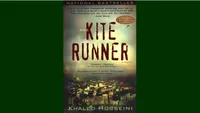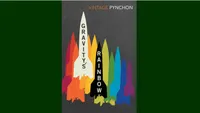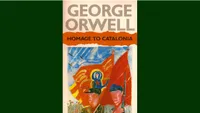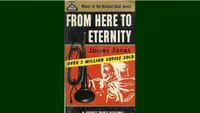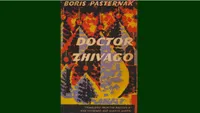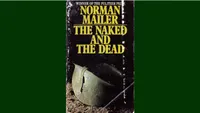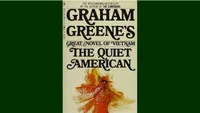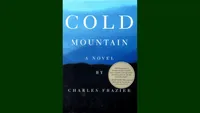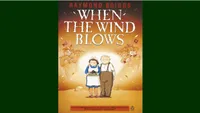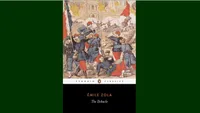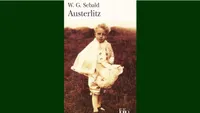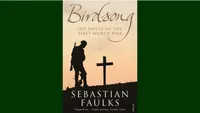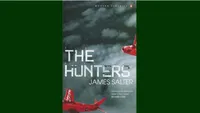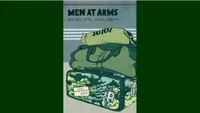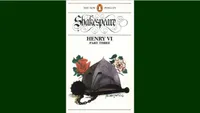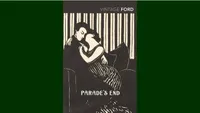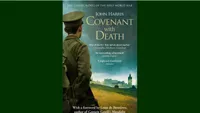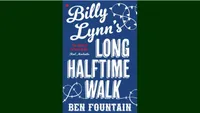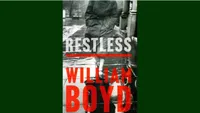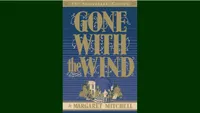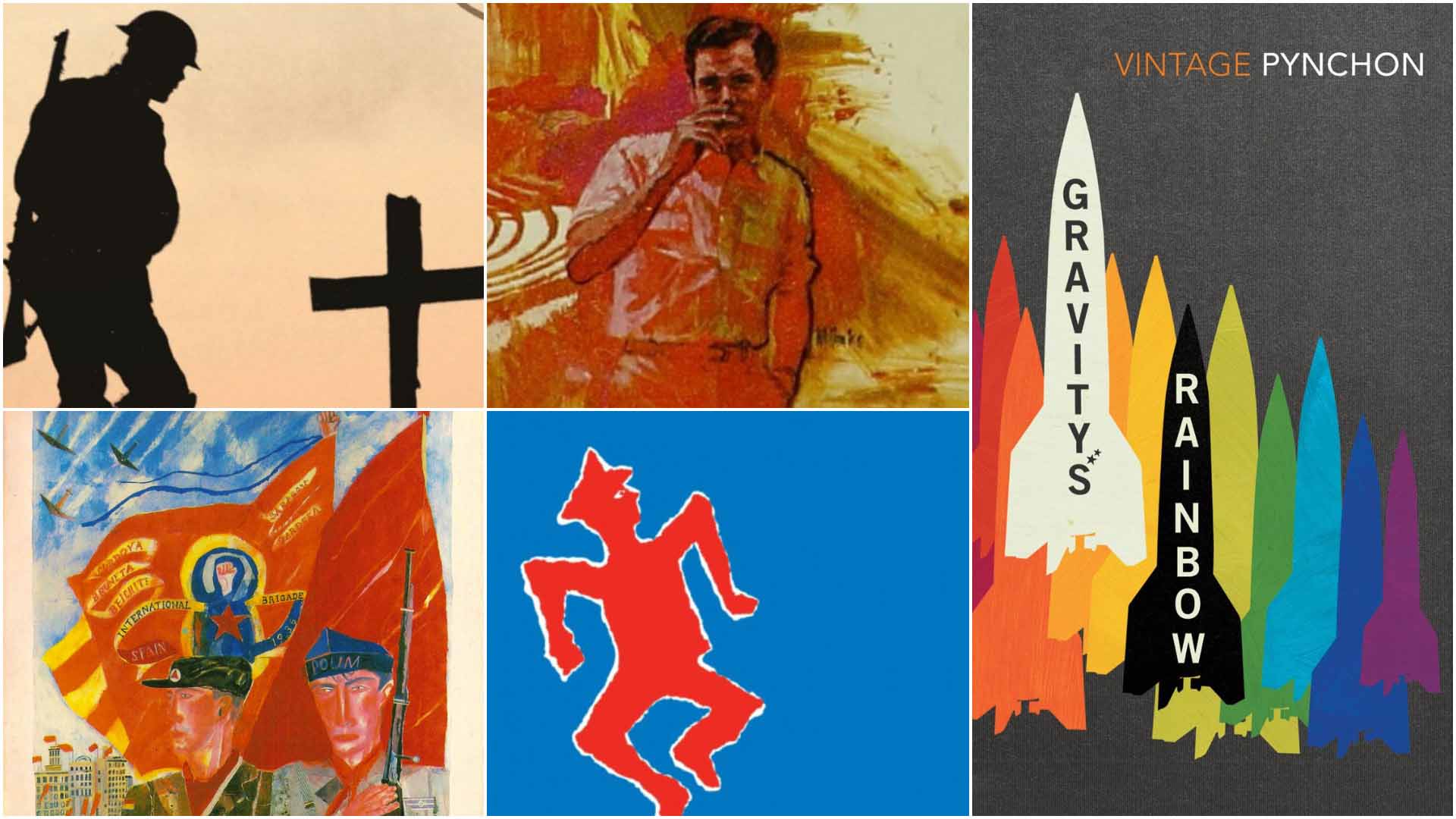
Most reasonable people would probably concur with Edwin Starr’s bold statement that war was good for absolutely nothing.
Writers, while not disavowing the sentiment, might suggest otherwise. Wars, battles and struggles have provided with a cavalcade of inspiration for grand works as is showcased in our best war novels guide.
Some focus on the fighting and the treacherous conditions experienced by the soldiers; others examine how wars change people and society.
What follows is the 30 greatest war novels (ok, 29, one is an account of a writer’s direct experience of war) (hang on, 28, one is a play) (and a few of them are semi-autobiographical – do we knock half off the total for each of them?) ever penned.
And if you are in the mood for a good ol' fact-based World War II book, then we highly recommend Operation Mincemeat by Ben Macintyre. The book has been made into a fantastic film starring Colin Firth and is available to watch now.
Best war novels
- The best short books: all of these are under 100 pages
SOMETHING MISSING FROM OUR SHORTLIST?
Tell us about it, and if enough people agree we'll add it in.
Get exclusive shortlists, celebrity interviews and the best deals on the products you care about, straight to your inbox.
